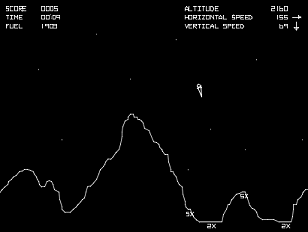This sort of thinking has been said for as long as I have been at the code face.... since 1981 :)
Ages ago it was that 4GL languages would remove the need for programmers. Even stuff like VB6 was meant to mean that anyone could just connect stuff up but as soon as you wanted to step outside the basics you were into code. In VB you even had to connect windows hooks to control the minimum size of a form.
There are a few game engines out there that say you can build a game without any code, what they don't say is that unless you want your game to fall within tight constraints then code is required.
The trouble with code created by "non developers" is you end up with a rats nest of garbage and the "developer" has no idea why it breaks because it was copy pasted from web snippets.
Good code that works requires a good knowledge of code and always will. Worst case is what happens now, the dull mechanical stuff is offloaded to a framework so the developer is freed up to create :)









